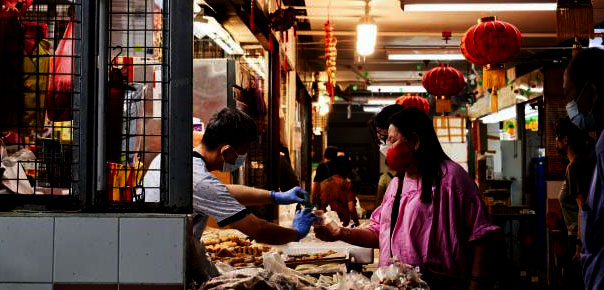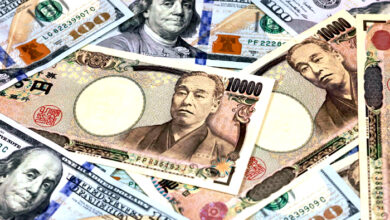Singapore announces a S$1.5 billion plan to combat inflation.

(Bloomberg) — Sign up for our newsletter, follow us on Twitter (@economics), and subscribe to our podcast.
Singapore announced a S$1.5 billion ($1.1 billion) plan to protect low-income households from rising costs of living. This is part of a global effort by fiscal policymakers to deal with price pressures that look like they will continue.
At a briefing for local media on Tuesday, CNA reported that Finance Minister Lawrence Wong said the package of voucher payments and credit for household utilities was meant to help the most vulnerable people. It also helps local businesses by giving them more wage credit and taking steps to support jobs.
Singapore isn’t the only Asian country that is giving more help. In Asia, the government has been especially focused on keeping food prices from going up quickly. Malaysia and Indonesia have banned the export of goods like palm oil and chicken in order to keep prices in their own countries in check. Thailand, on the other hand, just raised price caps on essential goods and is thinking about a profit-sharing deal with energy companies to pay for a fuel subsidy program.
Singapore, a business hub that depends on trade, has been hit hard by food and energy price hikes caused by supply bottlenecks caused by Covid and Russia’s war in Ukraine. A Bloomberg poll predicts that the core inflation number for May, which will be released on Thursday, will rise even more than April’s record-high 3.3%.
Wong announced the country’s third budget deficit in a row in February’s budget. This means that the government can keep spending money to help the economy recover from the COVID shock. Officials think that pandemic aid will use up S$42.9 billion ($30.9 billion) of Singapore’s reserves over the next three years.
The central bank of the city-state expects core inflation to rise even more over the next few months. According to its most recent forecast, core inflation will range between 2.5 and 3.5 percent this year.All prices are expected to rise by 4.5 to 5.5 percent.
The Monetary Authority of Singapore wants to stop imported inflation by adjusting the country’s currency against a basket of its top trading partners. In the last eight months, they have chosen to tighten monetary policy three times, including a move in January that was a surprise.
Bloomberg L.P. 2022





